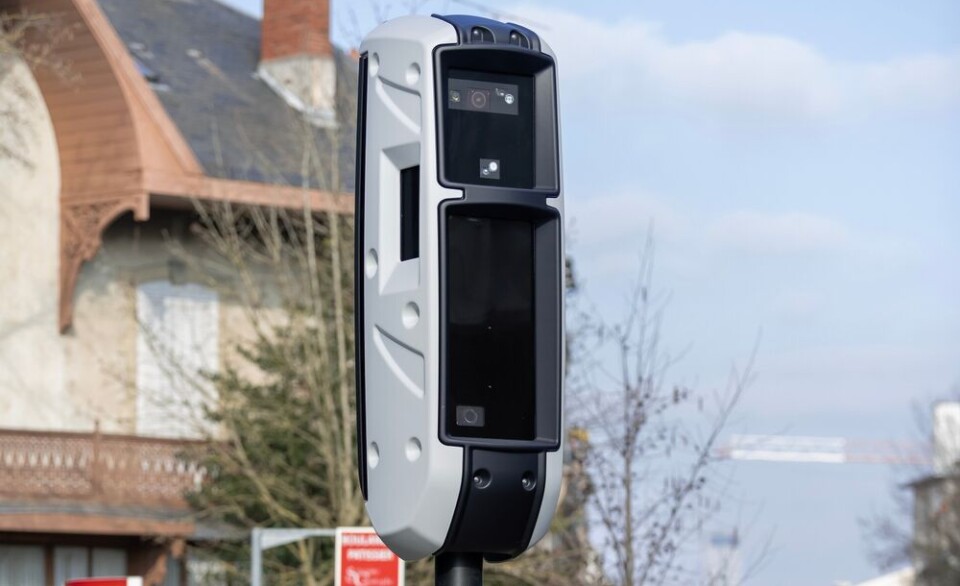-
Pension age reform in France: New poll shows support for a return to age 62
Employers' organisations and trade unions are currently meeting to discuss the subject on the orders of Prime Minister François Bayrou
-
People in France living longer in good health - and for longer than in UK and US
New official data also shows a rise in the number of years of good health before disability begins to affect quality of life
-
‘Better healthcare and near Spain’: why we retired to Pyrénées-Orientales
In the first of a series on where readers retire to in France, we hear about why the Lauritsens chose to settle in the Pyrénées-Orientales, embracing French life
Viager may be a way to fund living to a ripe old age
Often presented as a way to allow older people to benefit from extra money while still maintaining full use of their own homes, if they so wish, France’s viager system can be worth considering.

For the seller, it can compensate for a fall in pension values and help ensure the financing of increasing dependency at a time when local authorities are finding it hard to maintain high levels of support.
Unlike a prêt viager hypothécaire, which is a lifetime mortgage and most often used to have money for a personal project, the vente en viager is a real sale with the transfer of the property ownership given in return for the payment of a purchase price – but with part of this price paid as a periodic annuity that ends on the death of the seller.
The price is based on the property value and the right of the seller, if they so choose, to continue to use and live in it (under this option the viager is called ‘occupé’ while those giving the buyer immediate access and use are called ‘libres’).
Once set, the price is broken down into a portion paid immediately – called the ‘bouquet’ – and an annuity called ‘rente’ which is usually paid monthly and indexed annually to cover inflation.
The bouquet is usually equivalent to a third of the property value (a figure that has been stable for about 20 years) and the rente represents about 7% of the property price. The amount of the rente, however, varies depending on the age or life expectancy of the seller (the crédirentier) at the sale.
For a seller aged 70 a décote (form of reduction) of about 50% is applied on the price; this falls to 20% for a 90-year-old. If the rente is based on life expectancy, insurance mortality tables are used and the décote calculated from this.
Sellers can benefit from a tax advantage because of their age – with a 70% tax reduction, for example, if they are over 70.
There is an element of gambling on the age when the seller will die, which may seem amoral to some, but the seller is also gambling on living a long time.
However, while there are many properties available for sale there are few buyers as ‘mortality tables’ revision methods cannot take into account increasing life expectancy. In France over the past 20 years, women’s life expectancy has risen by 3.4 years, while that for men has risen by 5.2 years in the same time.
























